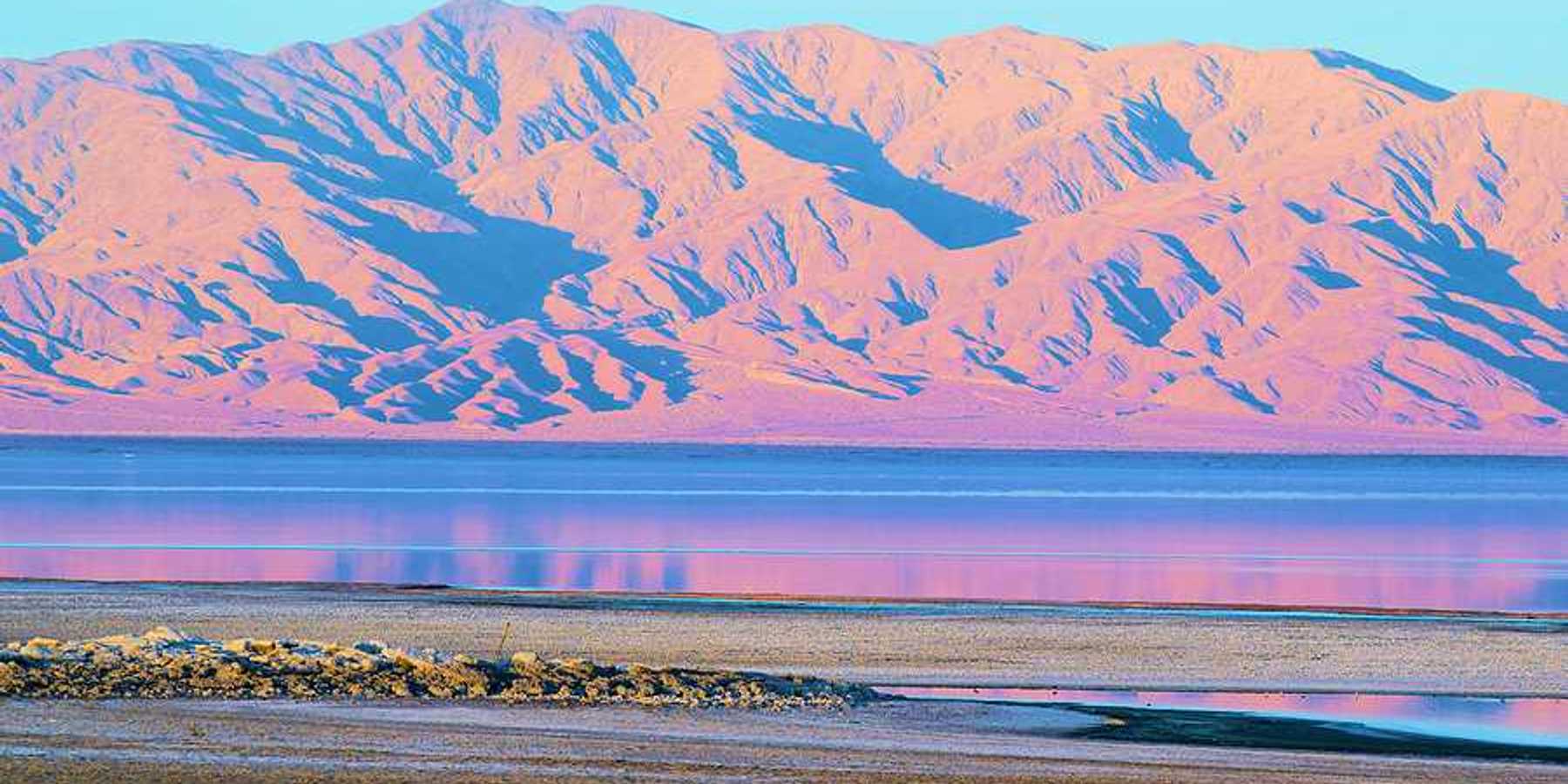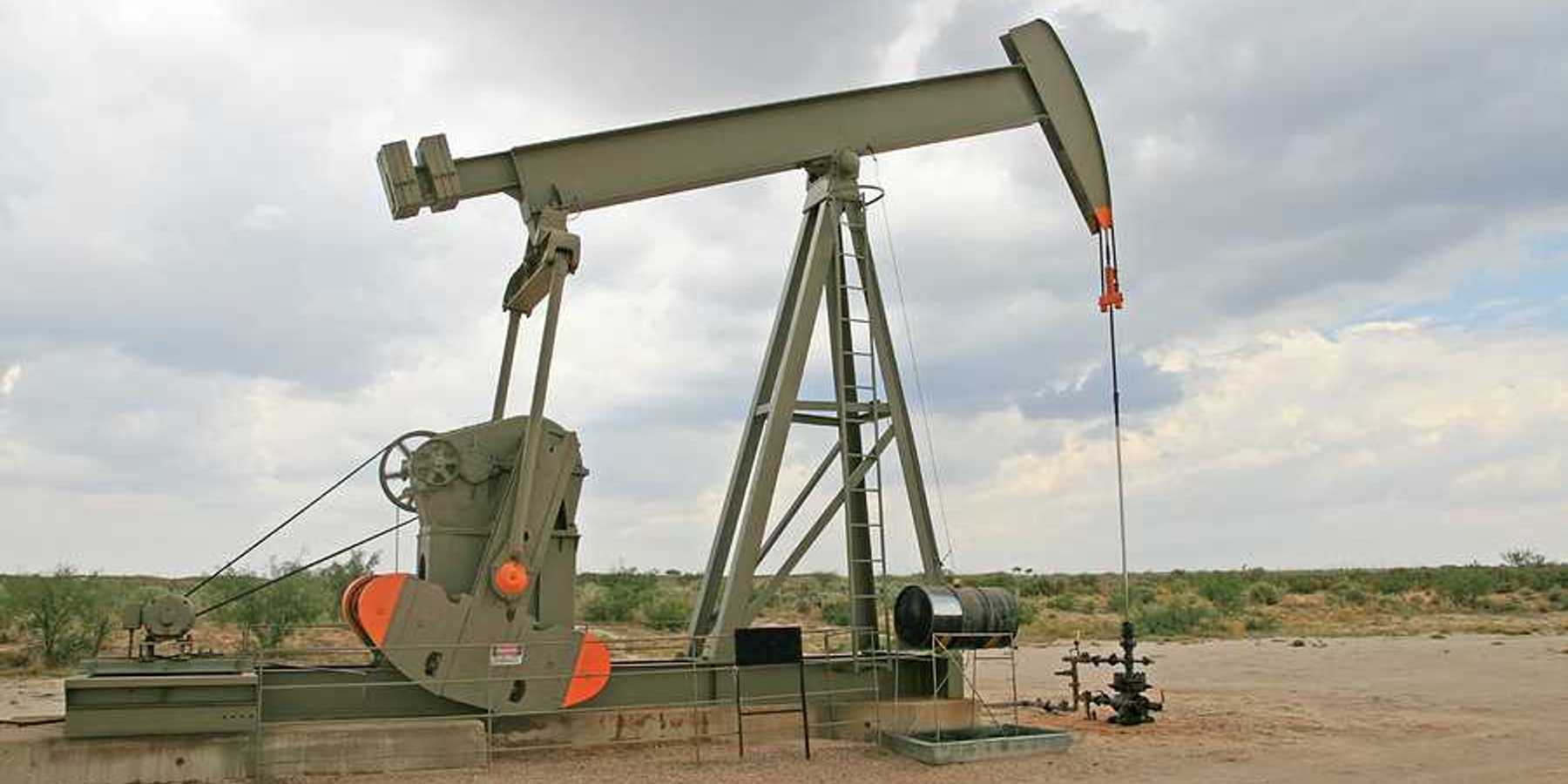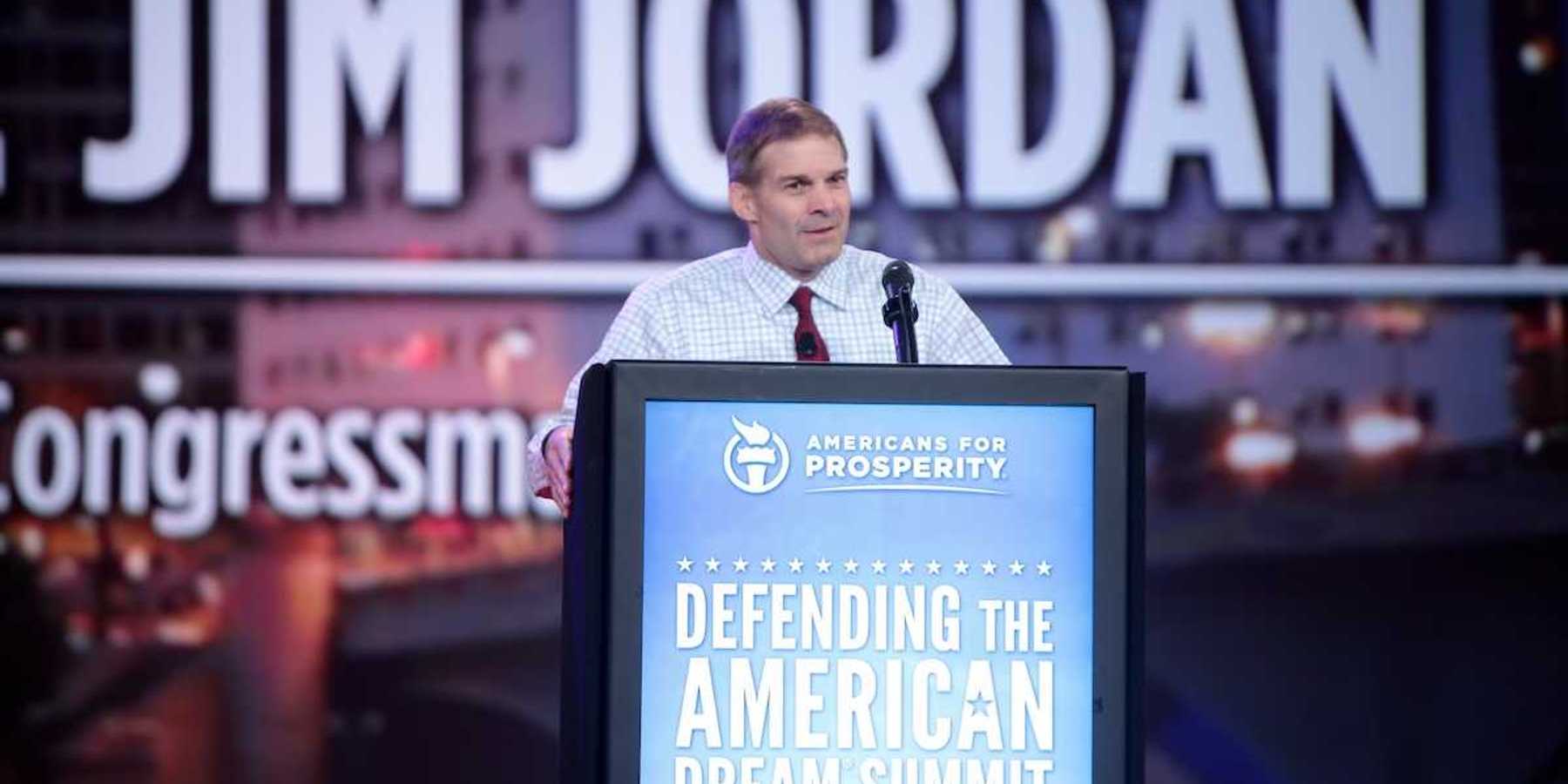International court rules against Koch Industries in carbon pricing case
An international tribunal ruled that Canada is not obligated to compensate Koch Industries for the losses it claimed after the cap-and-trade program was canceled in Ontario.
Fatima Syed reports for The Narwhal.
In short:
- Koch Industries sought compensation for over US$30 million in losses following the termination of Ontario’s cap-and-trade program by the Doug Ford government in 2018.
- The case, which hinged on whether emissions credits qualify as investments, was dismissed by the International Centre for Settlement of Investment Disputes.
- This ruling comes after a four-year legal battle, highlighting Koch Industries' history of opposing environmental policies through legal means.
Key quote:
“We don’t know for sure but if the case was tossed out on jurisdiction then it’s likely that the tribunal agreed with Canada that Koch’s purchase of emissions credits in Ontario does not qualify as an investment.”
— Stuart Trew, director of the Canadian Centre for Policy Alternatives’ trade and investment research project
Why this matters:
Critics argue that the Ford government's decision to cancel the cap-and-trade program was ill-considered and pushed the financial burden onto all Canadians, with federal government resources now being used to defend against the Koch family claim. This has sparked discussions on the implications for future environmental policy adjustments, as lawsuits such as this one could deter governments from implementing new or modified environmental policies due to fear of litigation.
Peter Dykstra: Clearing up some myths about the seven—yes, seven—Koch brothers.













